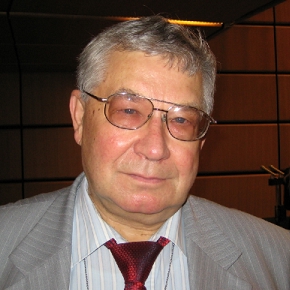 |
||
|
Fukushima Monkeys Showing Signs of Radiation Exposure - Study RIA Novosti, PUBLISHED 28.07.2014 Researchers have found radioactive cesium in the muscles of monkeys living in Fukushima prefecture, NBC News reported Friday, citing a study published in Scientific Reports journal. "The fact that they are seeing a signal in monkeys living in Fukushima city means that there's some potential direct relevance to the human population. These monkeys are living at levels of contamination that are very similar to what many of the people are also living in," Tim Mousseau, a biologist at University of South Carolina, was cited as saying by NBC News. The Japanese government published a plan to stop contaminated water stored in the plant’s reservoirs from flowing into the sea; however, it is not working as well as expected, with about 300 tons of radioactive water leaking out per day. Earlier the researchers found out that radioactive cesium fallout was contaminating local plants. Topics: NPP Fukushima Daiichi Other news: Russia Planning 3 Advanced Fast-Breeder Reactors at Beloyarsk Nuclear Power Plant by 2030 Beloyarsk’s fifth power unit will be the first in line to get a next-generation reactor installed on-site to enable a closed nuclear fuel cycle. Russia May Sign Agreement to Build 8 Reactors in Iran A source close to the negotiations told journalists Thursday. Hungary Enacts Law to Expand Nuclear Power With Russian Aid Hungary’s president has signed a bill into law to expand a nuclear power plant in the country with Russian assistance. |
Hero of the day 
The ISTC Responsible Science Program and Subprogram Culture of Nuclear Nonproliferation The dual-use nature of nuclear technology consisting in the potential for its application equally in peaceful and military sphere is the basic contradiction for the existing nuclear nonproliferation regime and comprehensive development of the nuclear power and nuclear fuel cycle. INTERVIEW
Jerry Hopwood OPINION
Joint Plan of Action |

